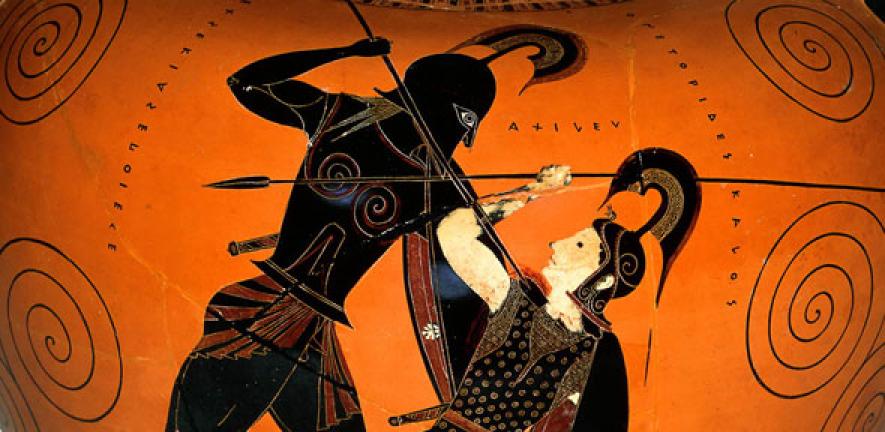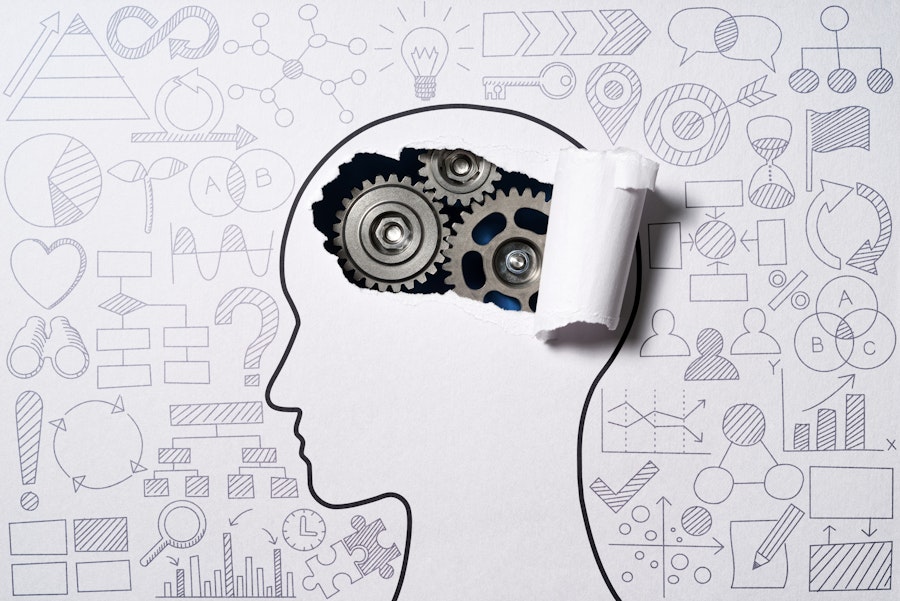
Epic poetry stands as one of the most profound and enduring literary forms in human history. Rooted in the oral traditions of ancient civilizations, epics have shaped the cultural and literary landscapes across the globe. In this article, we will explore the defining features of the epic form, delving into its structure, themes, and the timeless appeal that keeps readers engaged through the ages.
The Historical Roots of Epic Poetry
Epic poetry traces its origins back to the ancient civilizations of Greece, Mesopotamia, and India, among others. These long, narrative poems were initially oral compositions transmitted from one generation to the next, capturing the history, values, and myths of a people. The “Iliad” and “Odyssey” by Homer, and the “Epic of Gilgamesh” from ancient Mesopotamia, are prime examples that have influenced countless other literary works.
Key Characteristics of Epic Poetry

Length and Form
The sheer length of epic poems is one of their most distinctive characteristics. These poems often encompass thousands of lines of verse, rich with intricate details, expansive settings, and complex characters. The extended form allows for deep exploration of themes like heroism, morality, and the human condition.
Heroic Figures and Grandiose Adventures
At the heart of most epics is a central heroic figure. This protagonist is typically a figure of noble heritage or significant historical or legendary importance. The narrative follows their extraordinary adventures, which are usually a mix of actual events and mythical elements, providing a blend of reality and fantasy that is compelling and entertaining.
Elevated Style and Formal Diction
The language of epic poetry is another hallmark of the genre. These works are composed in a high, formal style with an elevated diction that reflects the grandeur and scale of the narrative. This stylistic choice helps to enhance the dramatic and timeless nature of the stories being told.
Themes and Motifs in Epic Poetry
The Struggle Between Good and Evil
Epic poems often depict the struggle between good and evil, making this one of the central themes. This conflict drives the narrative forward and highlights the moral and ethical challenges faced by the characters.
Journeys and Quests
Journeys, both physical and spiritual, are fundamental to the epic narrative. These quests are not only external travels across vast landscapes but also internal voyages of personal growth and self-discovery. The journey motif also serves as a metaphor for life’s challenges and the quest for knowledge.
Divine Intervention
The involvement of gods or other supernatural entities is a recurring motif in epic poetry. These divine figures often play crucial roles, influencing the events of the narrative and the destinies of the characters. This aspect underscores the cultural and religious context of the stories, reflecting the beliefs and values of the society from which they originate.
The Impact of Epic Poetry on Modern Literature
Epic poems have left an indelible mark on the landscape of world literature, influencing numerous other genres and forms. From classical tragedies and romantic poetry to contemporary fantasy novels, the elements of the epic form can be seen throughout modern literary productions. Their themes are universal, and their characters and plots resonate with audiences across different cultures and eras.
Conclusion
The epic form is more than just a literary genre; it is a mirror reflecting the deepest aspirations, struggles, and triumphs of humanity. Its defining features—lengthy narratives, heroic characters, elevated style, and profound themes—continue to captivate and inspire audiences around the world. As we revisit these ancient texts, we find that their lessons and beauty are as relevant today as they were thousands of years ago.
Understanding the intricacies of epic poetry not only enhances our appreciation of its artistry but also deepens our insight into the civilizations that created these masterpieces. The legacy of epic poetry is a testament to the power of storytelling and its capacity to convey the fundamental truths of human experience.
Looking for delicious recipes and everyday inspiration? Visit Blessed Beyond Words for tasty meals and helpful life tips! – https://blessedbeyondwords.com







